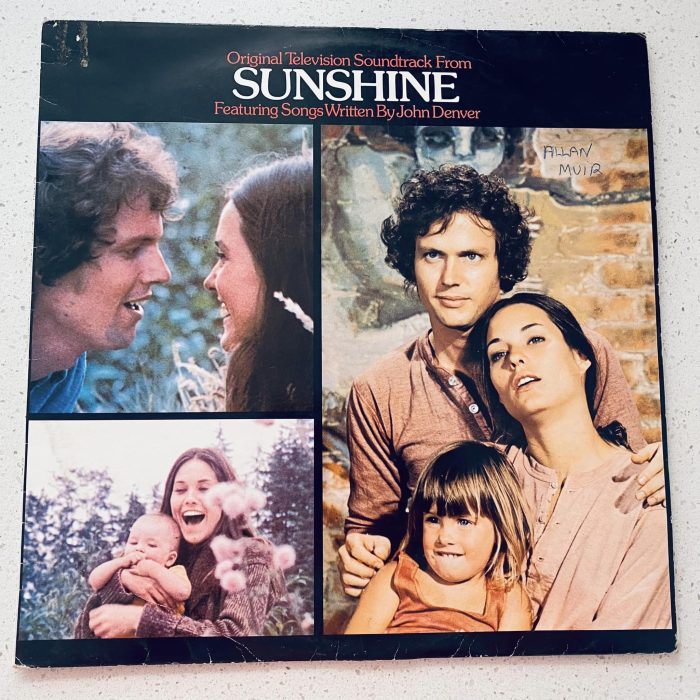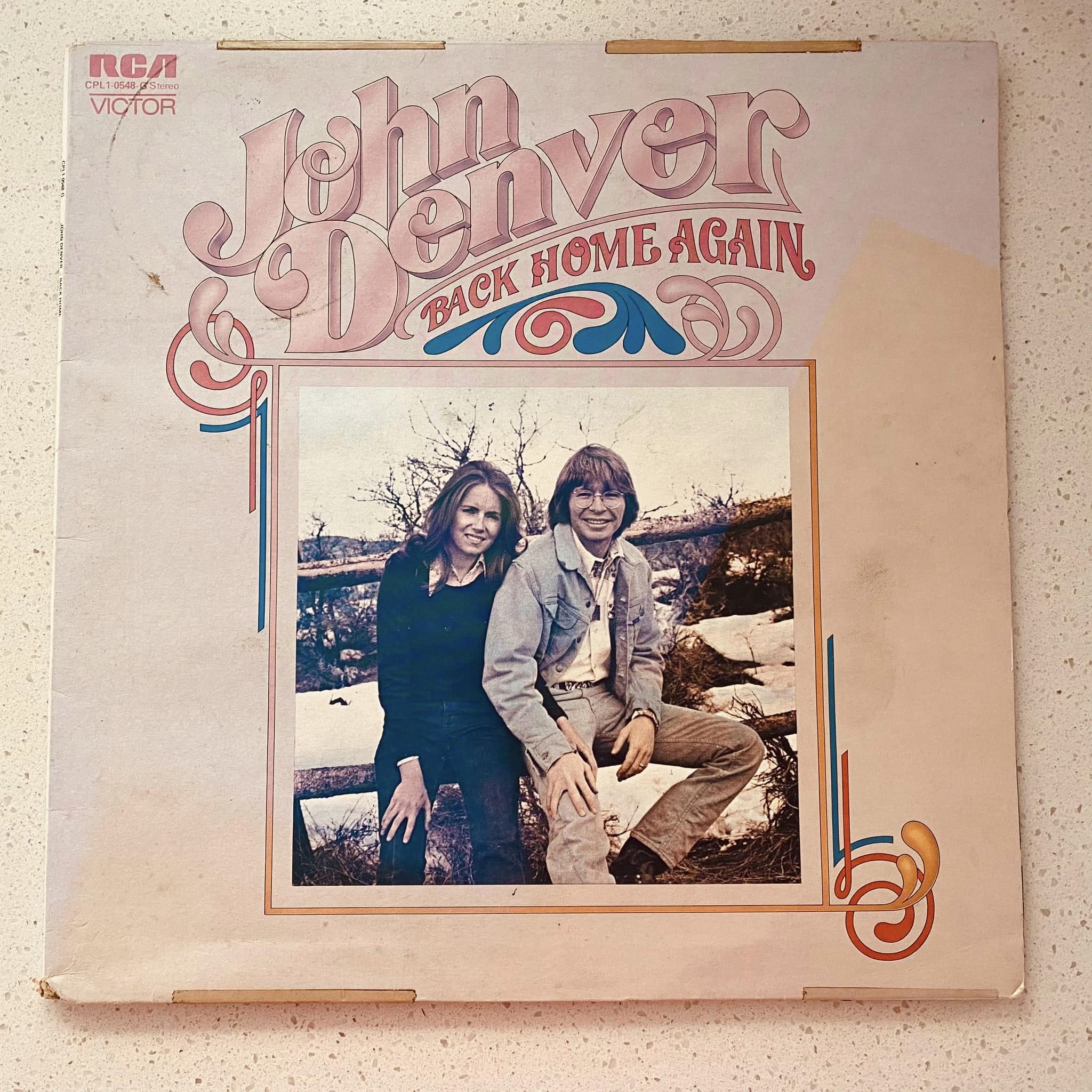This year Radioinfo will take you back 50 years to the songs that were released and charted in 1974. It was a mighty fine year for music.
This week’s song was selected after Rolling Stone magazine released a revised edition of its 200 Greatest Country Songs of All Time. I will add that it proudly also says American Made, so there is nothing like Slim Dusty (whose Biggest Disappointment we have already featured), but Beyoncé is there, at 192, which I’m sure was the point of the Countdown’s revision anyway.
To my great surprise Olivia Newton John isn’t on the list either. She was transforming into a pop star by this stage and will feature in 1974 at a later date. No 1 is Dolly Parton’s Jolene, which was written around 1973, on the same day as I Will Always Love You.
The mid-70s was a prolific time for those performing country music in America. Names that never really made it big on our Kent Music charts all released seminal albums, like George Jones, Waylon Jennings, Kris Kristofferson, Jessi Colter, Emmylou Harris and Gram Parsons.
Then there was this fellow, born Henry John Deutschendorf Jr, who would become among the best selling artists of the 70s once he had changed his name to reflect his love of the Colorado rocky mountains to John Denver.
This granny glasses wearing man, with sewn applique shirts, didn’t go down too well with the outlaw country community who thought he was way too pop. At the 1975 CMA Awards not only did Waylon Jennings have a gentle dig at Denver (he was told to ‘be nice’) but Charlie Rich went as far as setting fire to the envelope holding Denver’s win for Entertainer of the Year.
Kind of makes you wonder if we’ll get a Kanye West ‘Imma let you finish’ Taylor Swift moment at the 2025 CMA Awards around Beyoncé, or if she won’t be considered country enough to be in the running at all.
Denver wrote about 200 songs during his lifetime, first making his name as a songwriter when Leaving on A Jet Plane, a song he wrote and sang as a kind of Christmas present for friends and family, ended up being recorded by Peter, Paul and Mary and going to No 1 in the late 60s.
Off the back of that Denver would tour around America, turn up at venues with self produced demo recordings that he would sell, and offer to perform for free!
By 1974 he was fairly well established after chart success with Take Me Home Country Roads (also a significant hit for our Olivia Newton John and Denver’s only song in the Rolling Stone Country list at No 94) and Rocky Mountain High. He had his own BBC TV series (despite having had NO solo success up to that point there at all) and was part of all sorts of variety and music specials, including a lifelong friendship with Jim Henson who had Denver appear on The Muppet Show several times. There was also the pictured made for TV special Sunshine around the short life of Lyn Helton featuring the songwriting talents of Denver on the soundtrack.

This made Sunshine on My Shoulders a hit in Australia in 1974, three years after its initial release
Back Home Again, Denver’s 8th album, saw chart success for the title track, Thank God I’m a Country Boy, Sweet Surrender and this one, Annie’s Song.
Denver wrote it in 10 minutes on a ski lift as a dedication to his then wife Annie who is pictured alongside Denver on the album’s cover. This was Denver’s only UK hit reaching No 3, No 2 here in Australia and No 1 on the US Billboard and Country charts.
Denver died, ironically considering he’d written Leaving on a Jet Plane, when the small aircraft he’d built himself crashed in 1997. Quite like the Carpenters, his easy listening, largely joyful music, has seen something of a cult revival since – but perhaps that’s just me and my rose-tinted glasses. I can honestly say that my repeated playing of John Denver CDs in my car as a teenager made more than one person get out before arriving at their destination.
Australian film director PJ Hogan, who was responsible for Muriel’s Wedding and My Best Friend’s Wedding, must have had affection for Annie’s Song too, using it in the decisive scene in the latter film below, but perhaps not in a way that John Denver would have ever imagined.
Jen Seyderhelm is a writer, editor and John Denver tragic working for Radioinfo.

